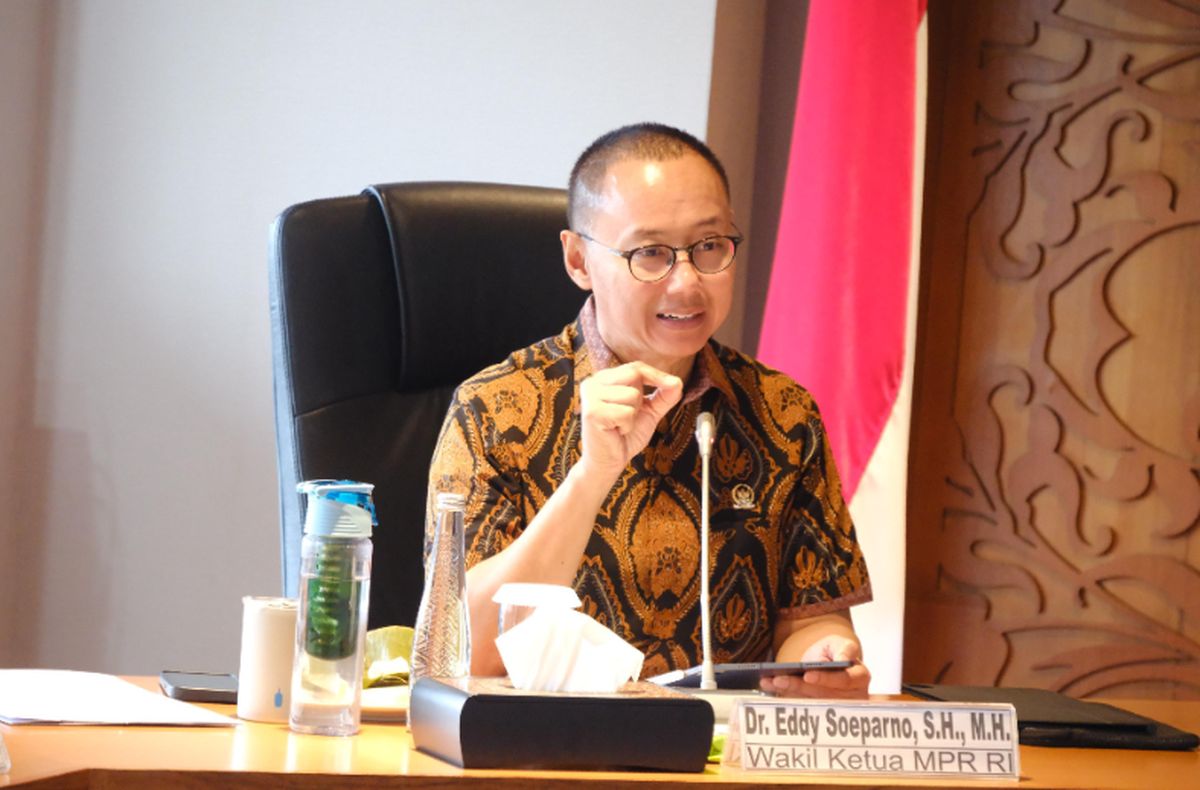Indonesia Secures WTO Victory Against EU, Advancing Palm Oil and Energy Goals
In a landmark decision, Indonesia triumphed in its World Trade Organization (WTO) case against the European Union (EU) over discriminatory practices targeting palm oil. Deputy Speaker of the Indonesian People’s Consultative Assembly (MPR), Eddy Soeparno, hailed this victory as a significant step towards national energy sovereignty and economic resilience.
The WTO ruling confirms Indonesia’s stance against the EU’s restrictions on palm oil, which have been criticized for being unjust and politically motivated. Eddy Soeparno, also a member of the House of Representatives’ (DPR) Commission XII, credited President Prabowo Subianto’s diplomatic efforts for this achievement. “This victory reaffirms President Prabowo’s commitment to ensuring Indonesia’s energy security and sovereignty,” he stated on January 18, 2025.
Implications for Palm Oil and Biodiesel Development
The decision opens new avenues for Indonesia’s palm oil-based biodiesel, previously marginalized in the EU market. “This ruling not only strengthens our domestic energy sector but also boosts access to emerging markets,” Eddy added. He highlighted how this win positions Indonesia more favorably in global trade dynamics, especially amid the U.S.-China trade tensions.
By leveraging this ruling, Indonesia aims to expand its biodiesel programs, including B40 and B50 blends, and advance renewable energy sources such as biofuels and bioavtur. These initiatives will not only reduce the nation’s reliance on fuel imports but also promote environmentally friendly energy solutions.
Focus on Sustainability and Net-Zero Goals
Eddy stressed the importance of adhering to sustainable practices under the Indonesian Sustainable Palm Oil System (ISPO). These measures aim to increase the competitiveness of Indonesian palm oil, contribute to reducing greenhouse gas emissions, and support the nation’s net-zero targets by 2060. “Sustainable palm oil development is key to balancing economic growth and environmental stewardship,” he emphasized.
Government’s Perspective on the Ruling
Coordinating Minister for Economic Affairs Airlangga Hartarto called the WTO decision proof of Indonesia’s innocence in the palm oil dispute. “This victory demonstrates that we can effectively counter discriminatory policies and protect our national interests,” Airlangga stated on January 17, 2025. The ruling is expected to challenge other EU policies, such as the European Union Deforestation Regulation (EUDR), which has been delayed until December 30, 2025.
The Indonesian government is committed to opposing regulations that disproportionately harm smallholder farmers, who manage over 41% of the nation’s palm oil plantations. This advocacy aligns with broader efforts to ensure equitable treatment in international trade.
Strengthening Regional Collaboration and Trade Agreements
The WTO victory underscores the importance of regional collaboration. Indonesia and Malaysia, both major palm oil producers, are expected to strengthen their partnership in combating discrimination. Airlangga expressed optimism that the ruling would facilitate progress in the Indonesia-European Union Comprehensive Economic Partnership Agreement (IEU-CEPA). “With this win, we hope to eliminate barriers in the negotiations and finalize the agreement,” he concluded.
Conclusion
Indonesia’s WTO victory against the EU marks a turning point for the country’s palm oil and biodiesel sectors. By reinforcing energy sovereignty and sustainable practices, the ruling paves the way for enhanced global competitiveness and economic growth. This success, achieved through strategic diplomacy and steadfast advocacy, solidifies Indonesia’s position as a leader in the global palm oil market.
Read More






 Tuesday, 24-02-26
Tuesday, 24-02-26







